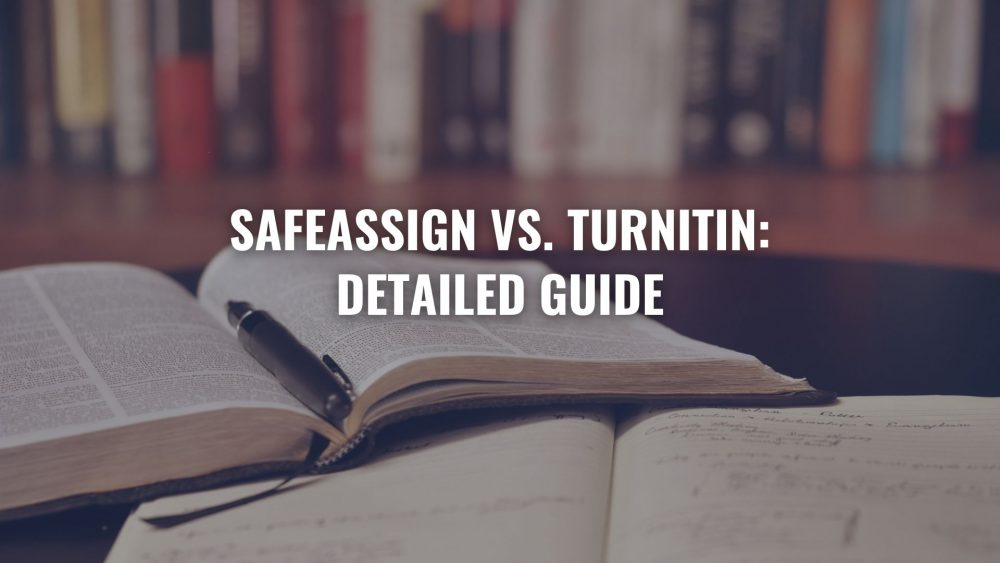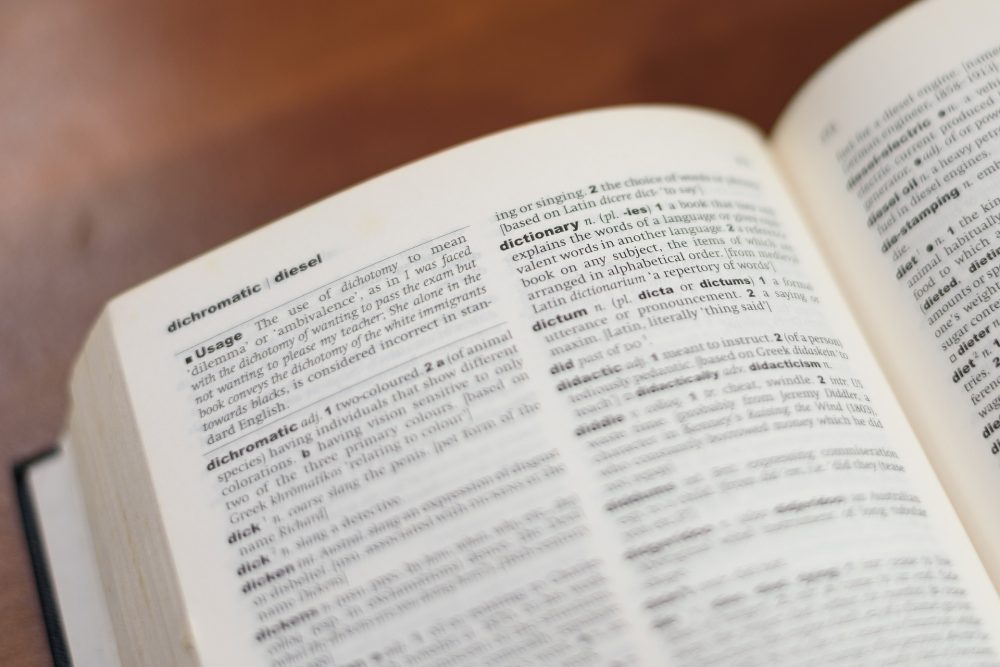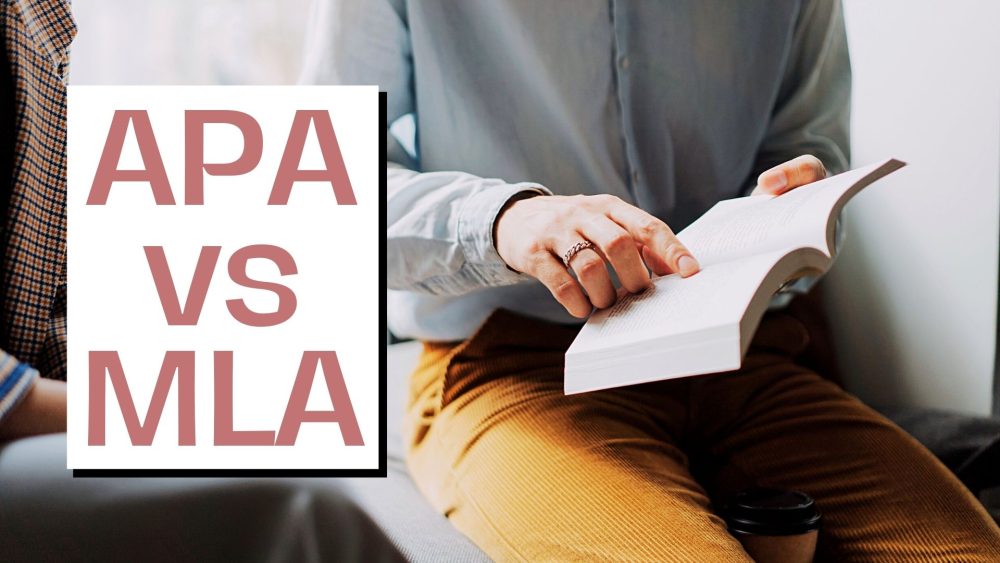Composition writing is an important skill for anybody that wants to excel in the English Language subject. When you learn to compose good texts in English, you will exceed your educators’ expectations in exams.
English is among the most popular languages and subjects. However, writing composition in the English language is not easy. That’s mainly because of the English spelling and grammar rules. It’s, therefore, not surprising that even some native English speakers struggle with compositions that involve some vocabularies.
For international students that pursue English as a second language, even a short written English assignment is not easy to create. Nevertheless, anybody can learn composition writing and excel. They just need training and commitment to excel.
Contents
The Basics Of Composition Writing
This kind of writing is considered a narrative. That’s because it entails narrating events in a sequence from the plot that a writer creates. Thus, writing a composition is like telling a story. The only difference is that you do it in writing.
The basic structure of a composition comprises the following parts:
- Introduction: This is the section where the writer introduces the story setting. They also set a tone for the story to generate the interest of the reader.
- Problem/Conflict: The writer presents the crux of a story in this section. Here, the characters try to overcome a problem or conflict that relates to the main theme of a story.
- Resolution: Characters resolve the conflict or problem in this part of the composition or story.
- Conclusion: This section marks the end of a story. It gives the composition closure.
What Is Composition Writing?
When you write a composition, you create a written narrative or story. You put your thoughts and words into a readable and coherent text. And you can do this in three different ways or modes.
These are:
- Poetic mode: This mode of composition is mostly used as an art form.
- Expressive mode: This composition mode entails consciousness stream, as well as, free flow of emotions and ideas.
- Transactional mode: Writers use this mode to advise or persuade their audiences.
Still asking, what is composition in writing? Well, just like most artists and musicians, composition writers set the tone of their work. And this enables them to accomplish their mission. Composition writers can express anything and take any viewpoint. For instance, they can impassionate anger using cool logic. They can also use simple and clean prose, descriptive passages, flowery, or analytical nomenclature.
Types Of English Composition Writing
Compositions can be categorized into different classes depending on their purposes. In a literary sense, composition in writing means putting together. Therefore, the writer assembles sentences and words to create meaningful and coherent work. It can also mean how a writer structures their piece of work.
Here are the main composition writing examples in English:
- Description: Descriptive writing entails providing an account or statement describing someone, something, or a place. This form of writing involves listing significant details and characteristics to provide a descriptive portrayal to the reader.
- Narration: Narrative writing involves giving a story or personal account to the readers. The narration can be a story or account of several events or facts presented in chronological order and having connections. The narration can also be dramatic, where the author presents individual scenes with dialog and actions. An author can also include flashbacks or follow a strict order in the narration.
- Exposition: Expository writing or exposition involves explaining or expounding a place, a person, a thing, or an event. In this form of writing and composition, the author does more than describing something. They also provide an interpretation and reality. They also express their ideas and opinions about it. In some cases, the writer can lay out propositions explaining the abstract idea or general notion of the subject.
- Argumentation: Argumentative writing is basically about presenting two sides of an issue or topic. You compare and contrast two opposing viewpoints in the composition using formal or logical reasoning. The end goal is to persuade your readers that A is better than B. Your meaning of better is what forms the content of the body of your composition.
How To Write A Composition?
Most students develop composition writing skills by practicing. But, what is composition writing in English and what does it entail? Well, you already know what a composition is. This section explains the main steps of drafting a composition.
- Find Ideas and Inspiration
Just like with an essay, the educator can provide prompts for when it comes to drafting composition. But, you still need to think about the perspective to take when writing the composition. Take your time to think about the given prompt and then brainstorm for ideas. This will make you mentally ready to write the composition.
- Outline Your Composition
A composition should have three major sections like an essay. These are the introduction, body, and conclusion. The introduction of your composition should have an interesting sentence or hook to grab the attention of the readers. It should make the readers interested in reading the rest of the composition.
The body of a composition in writing should expound on what you hinted at in the introduction. It should have several paragraphs informing readers about the topic. Each paragraph in the body should be unique in terms of the information it provides.
The conclusion of the composition should give your write-up a sense of finality. Readers should not feel like you have left them hanging after reading your composition.
- Use Appropriate Tone and Voice
Your choice of tone and voice is one of the most important things that educators consider when marking compositions. Therefore, chose the right tone and voice for your composition. This should depend on several factors. For instance, the topic of your composition should influence your choice of tone and voice. Similarly, your composition type should dictate the tone and voice you use. Nevertheless, choosing the wrong tone or even voice can lead to a poor grade in your composition.
- Be consistent with Tense and Viewpoint
Most people see composition as a rite of passage. That’s because they were required to write them at some point during their academic career. However, most people don’t know that they should maintain consistent tense and viewpoints. This is essential because it makes your story flow consistently.
- Use More Vocabulary
A major reason for writing is to test your English language skills. Therefore, one of the most important tips on how to write a composition in English is to use as many vocabularies as possible. However, you should use the right vocabulary. Don’t use words whose meaning you don’t know.
- Edit Your Composition
Don’t submit your composition after writing without editing. This is very important because simple mistakes can ruin your otherwise brilliant composition. If possible, ask somebody else to read the composition for you. That’s because you’re likely to miss some of the mistakes since you’ve been working on the same write-up.
More Tips For English Composition Writing
Now that you know the steps for writing your English composition, you should learn tips that can enhance your skills. Here are tips that will help you write better English compositions.
- Think about your composition topic carefully: You won’t write a good composition if you don’t understand your topic. Therefore, take your time to think about the topic. What does the educator want you to write about? If the topic requires you to describe something, think about the best way to do that. If it requires you to analyze something, think about the best way to do it. Once you’ve understood what the topic expects you to do, brainstorm the information to include in your composition.
- Take time to outline your composition: Creating an outline will enable you to come up with a coherent and logical composition. Outlining a composition is about planning your writing process. Therefore, draft an outline showing the main parts of your composition before you start writing.
- Write a catchy introduction: The complexity of this section makes many learners ask, how do you write a composition introduction? How you introduce your topic to the readers will influence their first impression of your composition. Therefore, come up with a catchy introduction for your composition to capture the reader’s attention and make them want to read the rest of your write-up.
- Maintain flow in the body: Some students ignore the flow of their ideas and arguments in the body of their compositions. However, this can make your readers lose interest in reading the rest of the write-up. To avoid this, maintain a consistent flow of ideas and arguments in your composition.
- Summarize your composition properly: Your conclusion should summarize the main ideas of your composition. It should also state your viewpoint about the topic.
Frequently Asked Questions
Q: What is a good composition?
A: A good composition depicts the ability of the writer to present ideas, information, or concepts in a captivating way that makes readers follow the story from the introduction to the conclusion. It also leaves the readers with a sense of finality.
Q: What is the difference between a composition and an essay?
A: A composition creates literary pieces like prose, drama, novel, and poetry. On the other hand, an essay elaborates on a place, an event, or a person.
Q: What is writing composition?
A: In writing, composition refers to the act or process of putting sentences, ideas, or information together to create a meaningful text. It can also refer to the way a writer structures their text.
Drafting a composition shouldn’t be a difficult task. You just need to understand the prompt, come up with a good topic, and understand what it requires you to do. Draft a good introduction, body, and conclusion then proofread or edit your work before submitting it to score a better grade.













